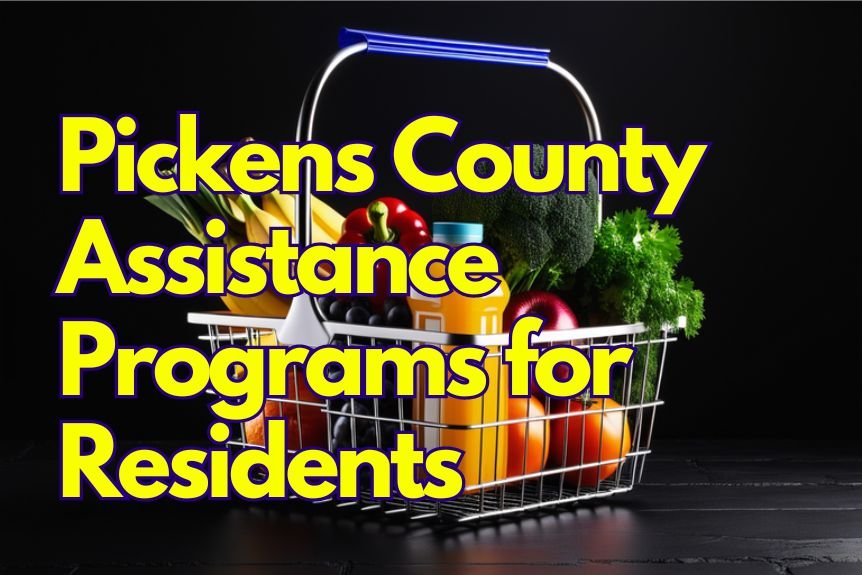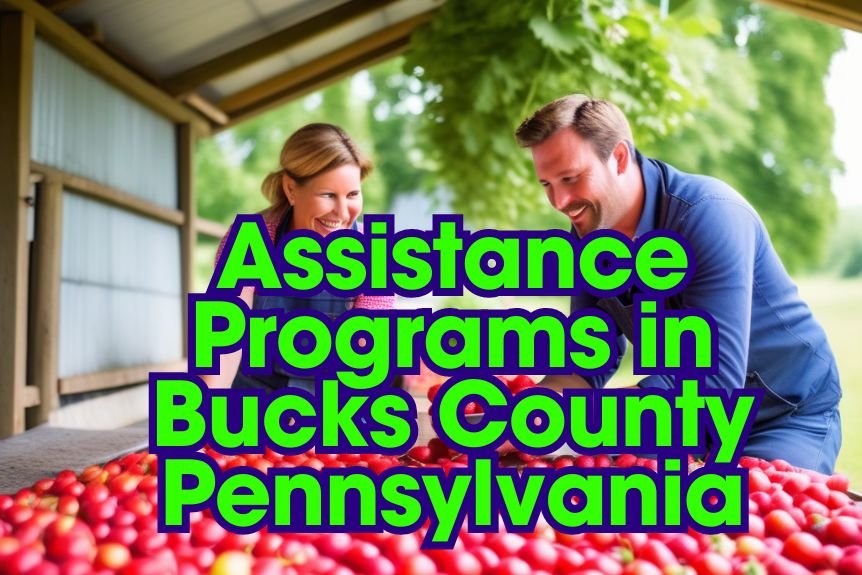Financial Assistance Programs in Georgia play a pivotal role in providing essential support to individuals and families facing financial challenges. These programs offer a lifeline to those in need by addressing various aspects such as nutrition, healthcare, housing, and childcare.
However, the intricacies of navigating these programs can often be overwhelming for applicants. Understanding the eligibility criteria, application processes, and available benefits is crucial in accessing the help one requires.
As we explore the landscape of financial assistance in Georgia, it becomes evident that a deeper understanding of these programs is essential for individuals to secure the assistance they need effectively.
Georgia Gateway Overview

The Georgia Gateway platform serves as a streamlined hub for residents to access and apply for a spectrum of essential financial assistance programs in the state. Through this online portal, individuals can apply for assistance programs such as Children Services (DFCS), Parent Services (CAPS), and other community action agencies designed to support low-income households.
By centralizing these services, Georgia Gateway simplifies the process for residents to apply for and manage their benefits efficiently. Eligibility for these programs is often based on factors such as household income and specific program requirements. Residents can access a range of program benefits through Georgia Gateway, including SNAP, Medicaid, Housing Choice Voucher, Georgia Dream Homeownership, and Childcare services.
This platform not only facilitates the application process but also enables eligible individuals to conveniently renew their benefits for programs like SNAP and Medicaid, ensuring continued support for those in need.
SNAP Eligibility and Benefits
As we shift our focus to SNAP Eligibility and Benefits, it is essential to understand the criteria and provisions that determine eligibility for this vital assistance program in Georgia.
SNAP, also known as the Supplemental Nutrition Assistance Program, offers monthly benefits to low-income individuals and families to assist with purchasing food. Eligibility for SNAP benefits in Georgia is determined by factors such as income, household size, expenses, and citizenship status. Household incomes at or below 130% of the federal poverty level may qualify for SNAP assistance.
These benefits can be used to purchase a variety of food items, excluding alcohol, tobacco, vitamins, or hot foods. To apply for SNAP benefits in Georgia, individuals can utilize the online portal on the Georgia Gateway website or visit a local office of the Division of Family and Children Services.
Understanding the eligibility criteria and navigating the application process is crucial for households seeking support through the SNAP program in Georgia.
Medicaid Assistance Programs

Providing essential access to free or low-cost medical care services, Medicaid in Georgia serves as a vital resource for eligible individuals seeking healthcare assistance. Here are some key aspects of the Medicaid Assistance Programs in Georgia:
- Children’s Healthcare Services: Medicaid programs in Georgia offer resources and education focused on children’s healthcare to ensure their well-being.
- Peachcare for Kids Enrollment: Children in need of healthcare services can enroll in Peachcare for Kids, a program designed to cater to their medical needs.
- Immunization Record Requests: Through Georgia’s Medicaid programs, individuals can request immunization records, ensuring they are up-to-date on necessary vaccinations.
- Comprehensive Medical Coverage: Medicaid in Georgia covers a wide range of medical services for eligible individuals, including doctor visits, prescriptions, and hospital stays, easing the financial burden of healthcare costs for those with low incomes.
These services provided by the Georgia Division of Family and Childcare and Parent Services are crucial in ensuring that eligible individuals receive the necessary medical assistance at affordable rates.






